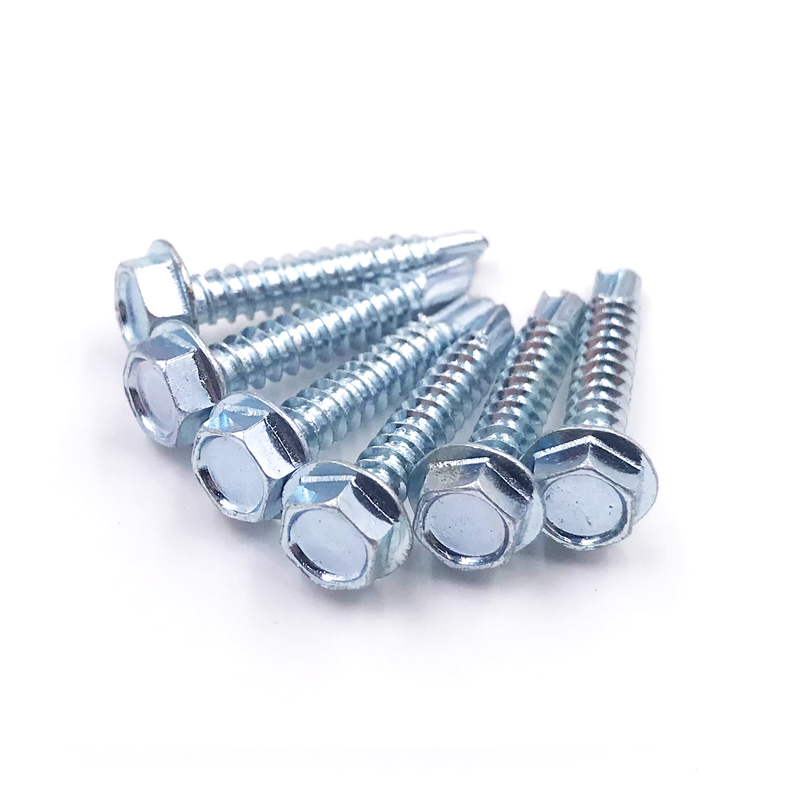wedge anchor for concrete
Understanding Wedge Anchors for Concrete An Essential Guide
Wedge anchors are a popular choice for securing items to concrete surfaces. Known for their reliability and strength, they are widely used in various construction projects, ranging from simple home improvements to large-scale industrial applications. In this article, we will delve into what wedge anchors are, how they function, and the considerations one should keep in mind when selecting and installing these anchors.
What is a Wedge Anchor?
A wedge anchor is a type of fastener designed to be embedded in concrete. It consists of a threaded bolt, a washer, and a wedge-shaped clip. The unique design of the anchor allows it to expand and grip the concrete securely when it is driven into a pre-drilled hole. This makes wedge anchors ideal for applications requiring a strong and permanent fastening solution.
How Does a Wedge Anchor Work?
The operation of a wedge anchor is relatively straightforward. The first step involves drilling a hole into the concrete that matches the diameter and depth specifications of the anchor. Once the hole is created, the anchor is inserted, and as the bolt is tightened, the wedge-shaped clip at the end of the anchor is drawn upward. This upward motion forces the clip outward, creating a significant expansion against the sides of the drilled hole. The result is a strong hold that can withstand significant tension and shear forces, making wedge anchors suitable for various applications.
Applications of Wedge Anchors
Wedge anchors are used in many settings. They can be found in the construction of buildings, bridges, and roadways, as well as in the installation of heavy machinery and equipment. Common applications include
1. Securing Structural Elements Wedge anchors are used to secure beams, columns, and other structural components in concrete. 2. Installing Fixtures They are ideal for mounting heavy fixtures, such as HVAC units, shelves, or safety railings.
3. Concrete Overlays When installing concrete overlays, wedge anchors can help secure the overlay in place.
4. Heavy Equipment Mounting Wedge anchors can hold down machinery and equipment in industrial settings, providing stability and safety.
Factors to Consider When Selecting Wedge Anchors
wedge anchor for concrete

When choosing wedge anchors for your project, several factors need to be taken into account
1. Material Wedge anchors come in a variety of materials, including carbon steel, stainless steel, and zinc-plated options. The material selected should be suitable for the environment in which the anchor will be used, particularly if it is exposed to moisture or corrosive conditions.
2. Diameter and Length The diameter and length of the wedge anchor should match the load requirements of the application and the thickness of the concrete slab. Standard sizes are available, but custom sizes can also be manufactured for specific needs.
3. Concreting Strength The compressive strength of the concrete impacts how well the wedge anchor performs. Ensure that the concrete is adequately cured and meets the necessary strength requirements for the anchor to work effectively.
4. Load Requirements Assess the load the anchor will be subjected to. This includes both tensile and shear loads, as this determines the type of wedge anchor needed and how many are required for secure fastening.
5. Installation Proper installation is critical for the effectiveness of wedge anchors. Follow the manufacturer’s guidelines carefully, including drilling specifications and torque requirements for the bolt.
Installation Best Practices
Installing wedge anchors correctly is essential to ensuring a secure hold. Here are some best practices
- Use the Right Tools A hammer drill and quality bit should be used to create clean, straight holes in the concrete. - Clean the Hole After drilling, remove any dust or debris from the hole to ensure effective anchoring. - Tightening Use a torque wrench to tighten the bolt to the manufacturer's specifications, preventing damage to the anchor or concrete.
Conclusion
Wedge anchors are a dependable solution for anchoring objects to concrete securely. Their design allows for a strong hold, suitable for various applications across multiple industries. By understanding their functionality and following best practices for selection and installation, you can ensure that your anchors perform effectively, contributing to the overall safety and reliability of your projects. Whether you are a seasoned contractor or a DIY enthusiast, mastering the use of wedge anchors can elevate the quality of your work significantly.
-
Weatherproof Plastic Expansion Anchors for OutdoorNewsJun.06,2025
-
Sustainability in the Supply Chain: Eco-Friendly TEK Screws ProductionNewsJun.06,2025
-
Load-Bearing Capacity of External Insulation FixingsNewsJun.06,2025
-
Double Head Bolts: Enhancing Efficiency in Industrial MachineryNewsJun.06,2025
-
Corrosion Resistance in Chipboard Screws: Coatings for Wholesale DurabilityNewsJun.06,2025
-
Butterfly Toggle Bolts : Enhancing Structural ResilienceNewsJun.06,2025
